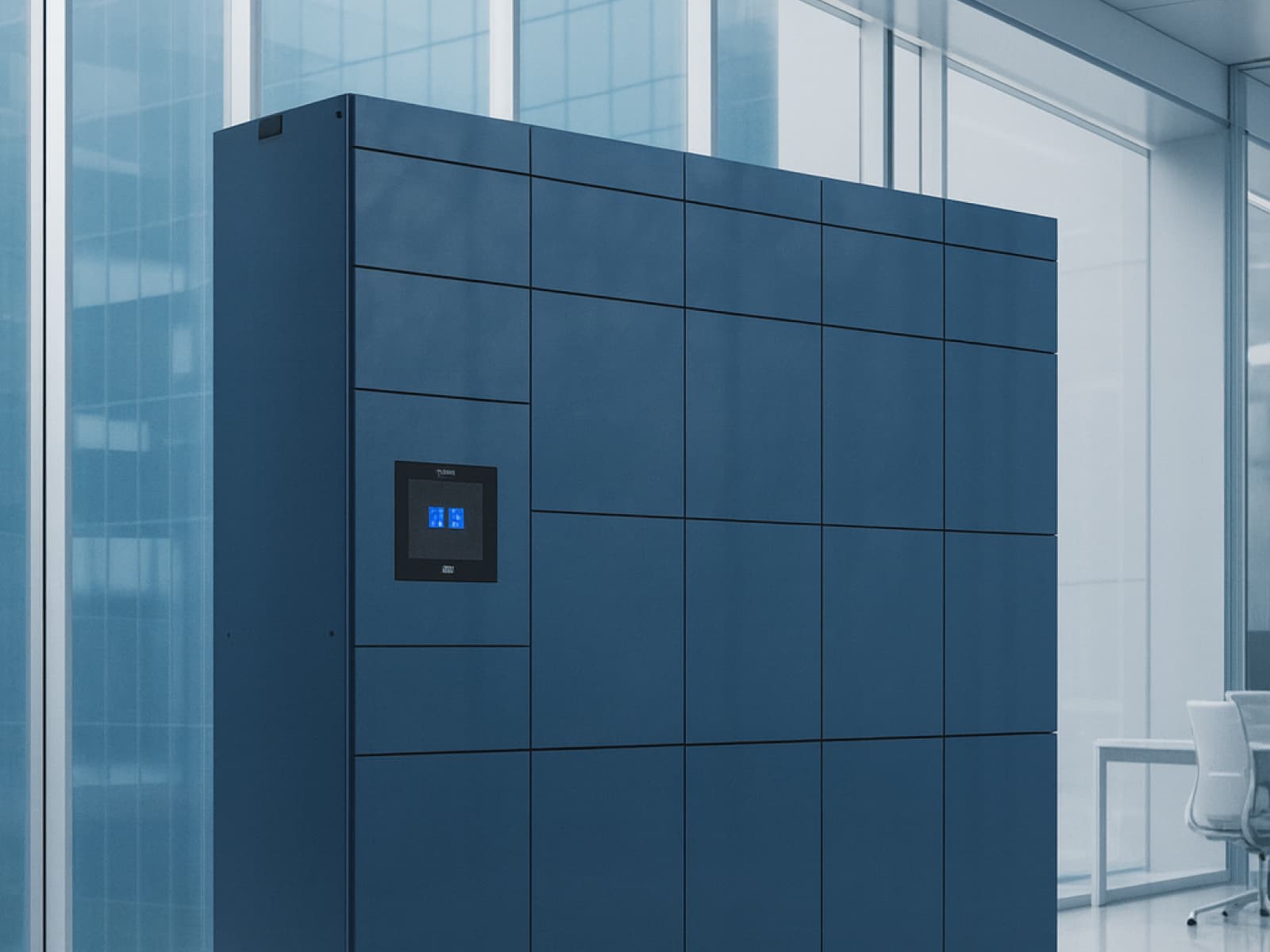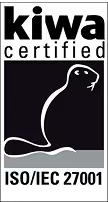Understanding Smart Lockers in Sports and Leisure
Explore the innovative design and functionality of smart lockers, revolutionizing storage and security in sports and leisure facilities. Learn how these advanced systems, available at Keynius, are enhancing the user experience with their modern features.
The Evolution of Locker Technology
Trace the fascinating development of locker technology from its humble beginnings to the present-day smart systems. Discover how the integration of technology has transformed lockers into secure and convenient storage solutions in various settings, detailed at Keynius.
Key Features of Electronic Lockers in Sports and Leisure
Uncover the state-of-the-art features of smart lockers that set them apart in enhancing user experiences. From biometric access to real-time monitoring, delve into the capabilities of these advanced storage solutions at Keynius Smart Lockers.
The Role of Intelligent Lockers in Sports and Leisure
Delve into the critical role smart lockers play in modern sports and leisure environments. Understand how these lockers provide enhanced security and convenience, reshaping the experience at leisure centers and sports facilities, as highlighted at Keynius.
The Benefits of Implementing Smart Lockers
Examine the comprehensive advantages of intelligent lockers in sports and leisure facilities. From increased security to operational efficiency, learn how integrating these systems, detailed at Keynius, can enhance facility management and user satisfaction.
Overcoming Challenges in Smart Locker Implementation in Sports and Leisure
Tackle the common challenges faced when implementing smart locker systems in sports and leisure venues. Discover strategies for successful integration and how Keynius solutions can address these challenges effectively.
The Future of Sports and Leisure
Look ahead at the promising future of smart locker technology within the sports and leisure industry. Explore the potential for advancements and innovations that could further elevate the functionality and user experience of these systems at Keynius.
Conclusion
Summarize the significant impact of smart lockers on sports and leisure facilities. Reflect on their evolving role and how they continue to redefine storage solutions, enhancing efficiency and user experiences, as seen with Keynius smart locker solutions.
FAQ about Smart Lockers
How does the Keynius locker system work?
Keynius lockers combine smart electronic locks - smart locks and battery locks - with cloud-based software and optional local controllers via our Smart Home Teacher and Students.
Locks connect via LAN or Bluetooth to the Keynius platform, allowing users to authenticate, open, and manage lockers through touchscreens, RFID, PIN, or mobile app.
Admins control access rights, monitor usage, and configure lockers remotely via the Keynius Portal.
Can I customize the locker design and materials?
Yes. We are the only smart locking provider that owns every part of our supply chain, which includes all components, hardware, cabinetry, and software. This allows us to offer the most customizable smart lockers in the industry.
Lockers are available in multiple materials and colors:
Steel, powder-coated in standard RAL colors.
Wood-based panels with extensive Egger color finishes.
HPL laminate for high-durability indoor/outdoor use.
Outdoor waterproof steel version.
Each locker supports optional side panels, bases, benches, and color branding, or vinyl wrapping, as well as your selection of lock type, connection type, and many other custom add-ons.
Is the platform cloud-based or do I need local servers?
The Keynius platform is fully cloud-managed, requiring no local servers. Hardware like Smart Home Teacher/Student units and Battery Locks connect to the cloud via LAN or Bluetooth and are configured through the Keynius Portal or App.
What authentication/access methods are supported?
Supported authentication methods include:
PIN (capacitive keypad or mobile-assigned)
RFID (MiFare, HID, NFC, Apple Wallet)
Mobile app (BLE) for remote and Bluetooth access
QR code scanning (QR Reader IP65)
Payment terminals can optionally authenticate via debit/credit contactless systems.
How secure is the system and where is the data hosted?
Hardware is certified to CE, FCC, UKCA, and RoHS standards, with IP-rated protection up to IP65 for outdoor units.
Locks feature encryption, motorized mechanisms, and mechanical overrides for fail-safe access.
All data, including access logs and credentials, is stored securely in Keynius’ EU-hosted cloud environment compliant with European data protection standards.
Can Keynius integrate with our existing software?
Yes. The system offers open APIs for integration with HR, facility, payment, or booking systems. Payment terminals support remote configuration through the Terminal API.
View our existing integrations here.
What industries or use cases is Keynius suitable for?
Keynius offers a modular, flexible design which makes it compatible for nearly every industry and use-case.
Our most common sectors include:
- Corporate offices (personal storage, hybrid desks)
- Education (student lockers, IT device storage)
- Logistics and retail (parcel and click and collect)
- Leisure, hospitality, and healthcare (staff or visitor lockers)
What’s included in the setup and onboarding process?
Every project is different and requires its own scope, but we strive to offer a consistent and repeatable solution as much as possible to streamline our effectiveness and the quality of service we're able to deliver.
1. Design phase: Configure cabinet models, lock types, and finishes.
2. Installation: Connect Smart Locks to the Smart Home or cloud (plug-and-play).
3. Software setup: Locker walls created in the Keynius Portal; access rights assigned.
4. Training: Admins and users onboarded via the app guide.
5. Support: Remote monitoring, software updates, and Keynius support line.









%201.svg)
%201.svg)
